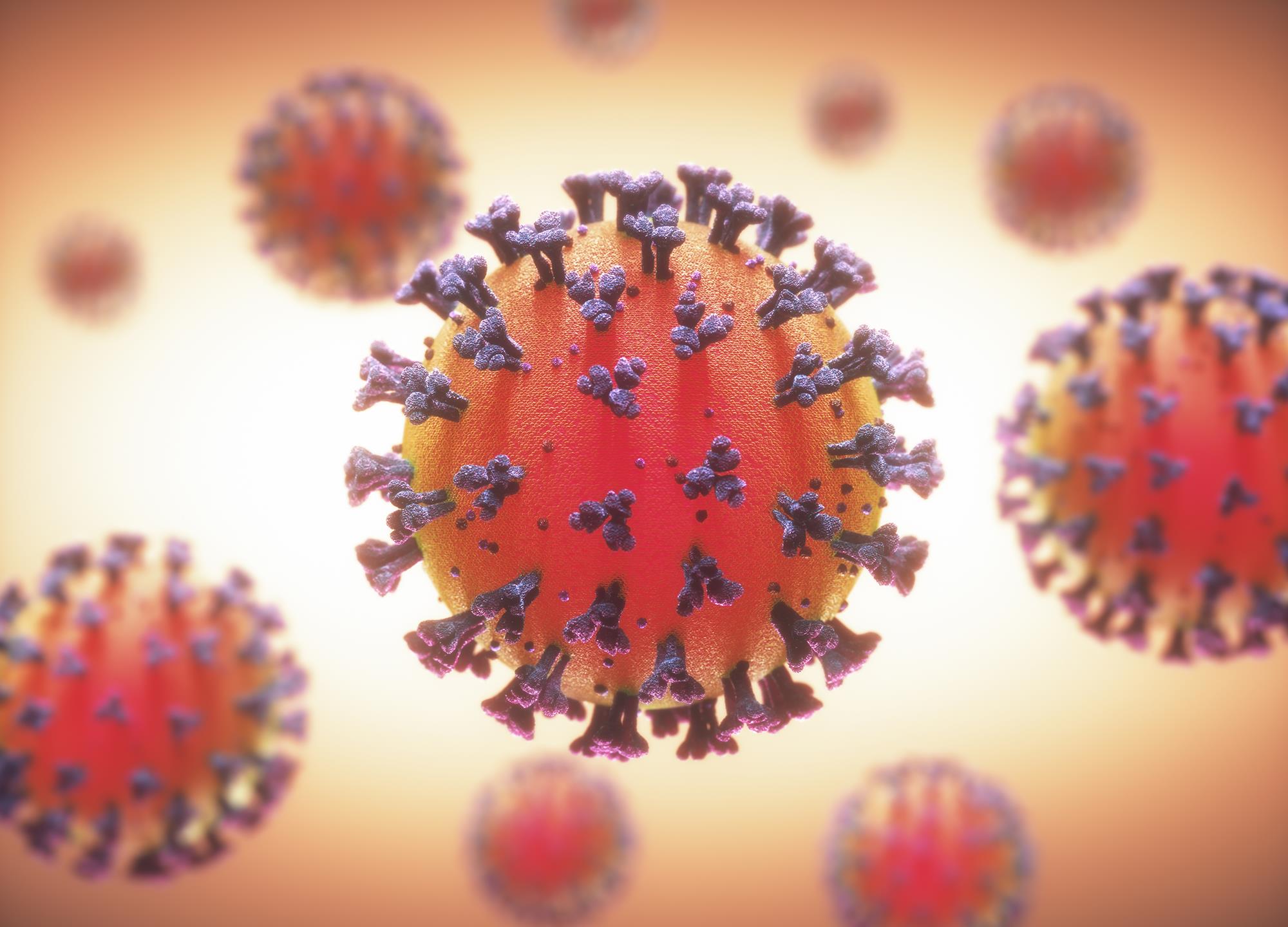BEIJING, March 20 (Xinhua) -- As COVID-19 continues to spread around the world, killing more people, questions about the origin of the virus are mounting.
Recently, scientists have concluded that the severe acute respiratory syndrome coronavirus 2 (SARS-CoV-2), the virus that causes COVID-19 disease, is "not a laboratory construct or a purposefully manipulated virus."
According to an article published Tuesday in Nature Medicine, Kristian Andersen, an associate professor of immunology and microbiology at Scripps Research, along with professors from Tulane University, the University of Sydney, the University of Edinburgh and Columbia University, analyzed the features of the virus and summed up their conclusion in an article titled "The proximal origin of SARS-CoV-2."
Based on the sequencing data of COVID-19 decoded by Chinese scientists shortly after the epidemic began, they analyzed the genetic template for spike proteins, or armatures on the outside of the virus, which the virus uses to attack human and animal cells.
Focusing on two features of SARS-CoV-2, namely its spike protein and backbone, they found the virus is highly effective when it comes to infecting humans but differed substantially from those of already known coronaviruses and mostly resembled related viruses found in bats and pangolins.
Noting SARS-CoV-2 is the seventh coronavirus known to infect humans, they said in the article, "This is strong evidence that SARS-CoV-2 is not the product of purposeful manipulation."
"If genetic manipulation had been performed, one of the several reverse-genetic systems available for betacoronaviruses would probably have been used. However, the genetic data irrefutably show that SARS-CoV-2 is not derived from any previously used virus backbone," the article added.
The scientific result came on the same day that some Western politicians called COVID-19 a "Chinese virus," misleading the public.
In response to the misnomer, Michael Ryan, executive director of the health emergencies program with the World Health Organization, said on Wednesday, "It's really important that we be careful in the language we use, lest it lead to profiling of individuals associated with the virus."
"This is a time to move forward together to fight this virus together," he said.
